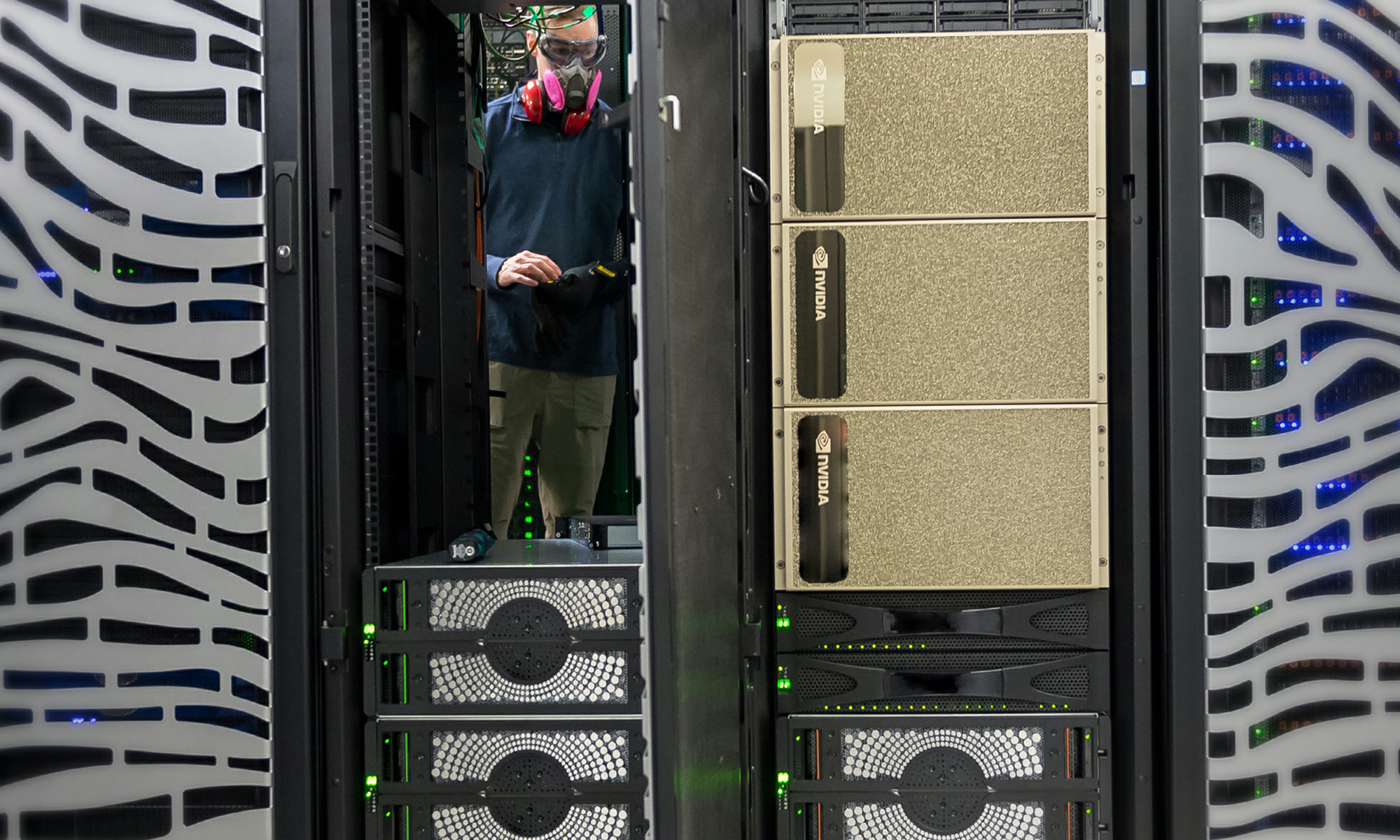Shares of the artificial intelligence chip giant Nvidia (NVDA 0.10%) had fallen roughly 3.7%, as of 1:06 p.m. ET today. The Information reported that Alphabet is in talks with Meta Platforms to sell its own in-house semiconductors to Meta for use in their data centers.
Serious competition emerges
It has been well-documented that large hyperscalers, such as Alphabet, are developing their own chips, which Google has named Tensor Processing Units (TPUs). However, until now, Google had reportedly only utilized them in its own data centers. This is the first time the company has considered selling these chips to other hyperscalers. Nvidia's graphics processing units (GPUs) are used for more general-purpose training of large language models (LLMs), while TPUs are preferred for more specialized training of individualized tasks.

Image source: Nvidia.
The Information also reported that Google sees a real business with its TPUs and is approaching other cloud customers in a play that could target as much as 10% of Nvidia's yearly revenue.

NASDAQ: NVDA
Key Data Points
Following this report, investors are asking broader questions about how wide of a moat Nvidia truly has. If Google can do this, then other large hyperscalers like Microsoft and Amazon may be able to as well.
Should you buy the dip?
I think this is certainly an event worth monitoring because it threatens potential commoditization of the chip industry, or rising competition in the space that could eventually erode Nvidia's incredible margins.
However, I don't think there is enough evidence yet to suggest this is a meaningful blow to Nvidia, which is now rolling out new chip models every one to two years. Furthermore, there is likely to be a significant long-term demand for AI, as more parts of the economy begin to leverage the technology. Consequently, Nvidia's GPUs are still likely to have a long runway ahead. Continue to monitor competition, but I still view the stock as a long-term buy.










